17 Hidden Signs of Dehydration That Aren't Just Thirst
Thirst isn’t the only way your body says it needs water—in fact, it’s often the last signal. Dehydration can sneak up quietly, disguising itself as fatigue, brain fog, headaches, or even bad breath. In our fast-moving lives, many of us are unknowingly running on empty, mistaking these subtle symptoms for stress, poor sleep, or just “one of those days.” But water powers everything—from cellular repair to mood regulation—and when you’re low, your body lets you know… if you know what to look for. That’s why we’ve expanded our list to 17 hidden signs of dehydration that aren’t just thirst. These surprising clues can help you catch dehydration early—before it turns into something more serious. From dry eyes to sugar cravings, this guide connects the dots between hydration and whole-body health. Because staying hydrated isn’t just about drinking more—it’s about understanding what your body is quietly trying to tell you.
1. Fatigue – The Silent Thief of Energy

Fatigue is a common complaint in today's society, often attributed to stress, lack of sleep, or poor nutrition. However, dehydration is a frequently overlooked cause of persistent tiredness. When the body lacks sufficient water, blood volume decreases, leading to reduced efficiency in transporting oxygen and nutrients to cells. This results in a sluggish feeling, as the body struggles to perform its functions optimally. Furthermore, dehydration can impair the production of energy at the cellular level, exacerbating feelings of exhaustion. By recognizing fatigue as a potential sign of dehydration, individuals can take proactive steps to increase their water intake and restore their energy levels.
2. Headaches – The Unseen Connection

Headaches are another common ailment that can be linked to dehydration. When the body is dehydrated, the brain can temporarily shrink from fluid loss, causing it to pull away from the skull and trigger pain receptors. Additionally, dehydration can lead to reduced blood flow and oxygen delivery to the brain, further contributing to headache development. Many people reach for painkillers at the first sign of a headache, but rehydrating with water or electrolyte-rich fluids may offer a more natural and effective solution. Understanding the connection between hydration and headaches can help individuals make more informed choices about their health.
3. Dry Skin – More Than Just a Cosmetic Concern

While dry skin is often attributed to environmental factors or skincare routines, it can also be a sign of dehydration. The skin is the body's largest organ and requires adequate hydration to maintain its elasticity and barrier function. When the body lacks water, it prioritizes vital organs over the skin, leading to dryness and a lackluster appearance. Moreover, dehydration can exacerbate skin conditions such as eczema and psoriasis. By staying hydrated, individuals can support their skin's health from the inside out, enhancing its natural glow and resilience.
4. Dizziness – The Overlooked Symptom

Dizziness is a disorienting sensation that can be caused by a variety of factors, including dehydration. When fluid levels are low, blood pressure can drop, leading to reduced blood flow to the brain and resulting in dizziness or lightheadedness. This symptom is particularly common in individuals who engage in strenuous physical activity without adequate fluid replenishment. Recognizing dizziness as a potential sign of dehydration can prompt individuals to assess their hydration status and take corrective action, such as drinking water or consuming electrolyte solutions to restore balance.
5. Muscle Cramps – The Misunderstood Culprit
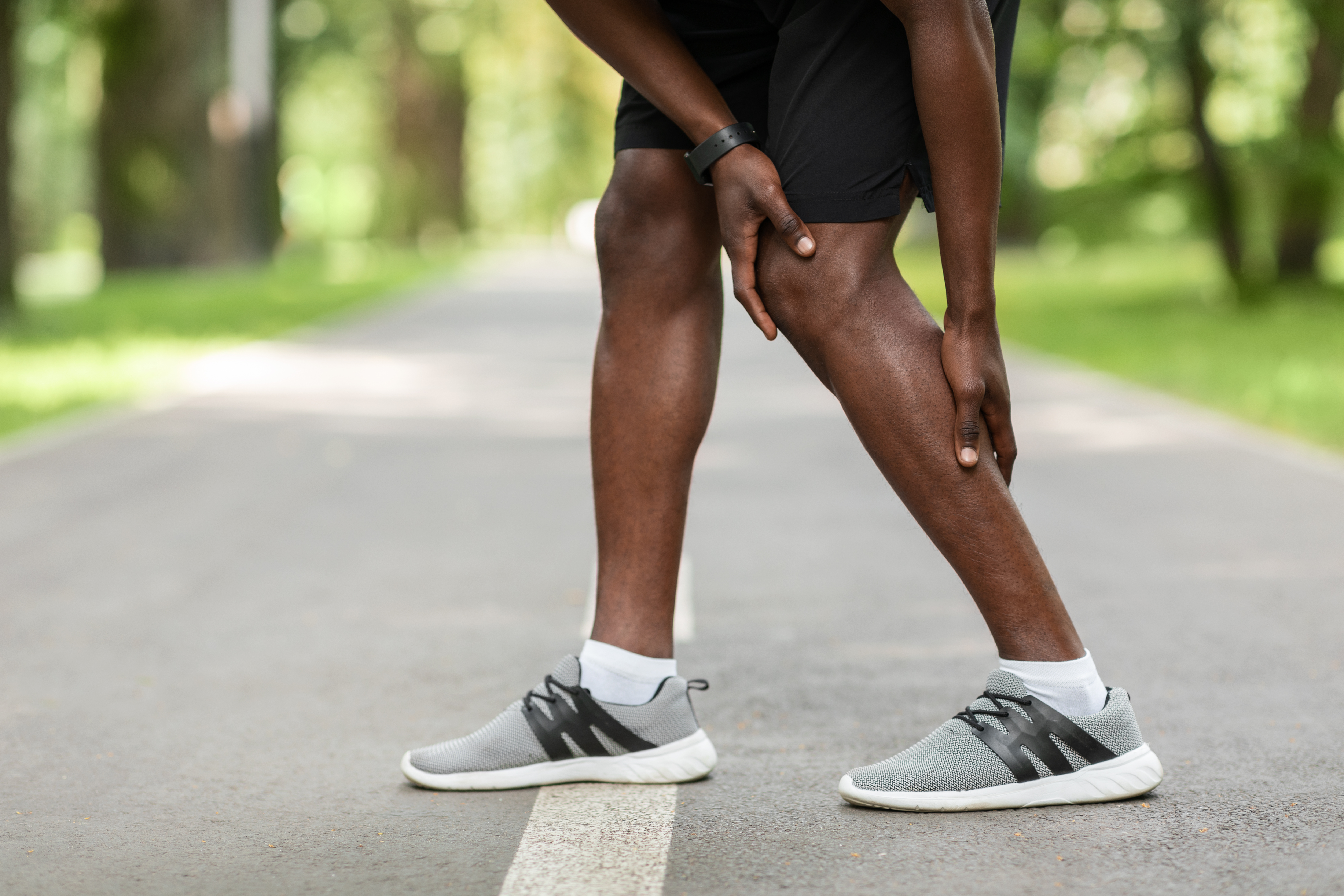
Muscle cramps are often associated with intense exercise or mineral imbalances, but dehydration is another key factor that can contribute to their occurrence. When the body is dehydrated, electrolyte levels, including sodium, potassium, and magnesium, can become imbalanced, leading to involuntary muscle contractions. These cramps can be painful and disruptive, particularly during physical activity. By ensuring adequate hydration before, during, and after exercise, individuals can help prevent muscle cramps and maintain optimal performance. Understanding the role of hydration in muscle function highlights the importance of fluid balance for overall physical health.
6. Bad Breath – The Unexpected Indicator
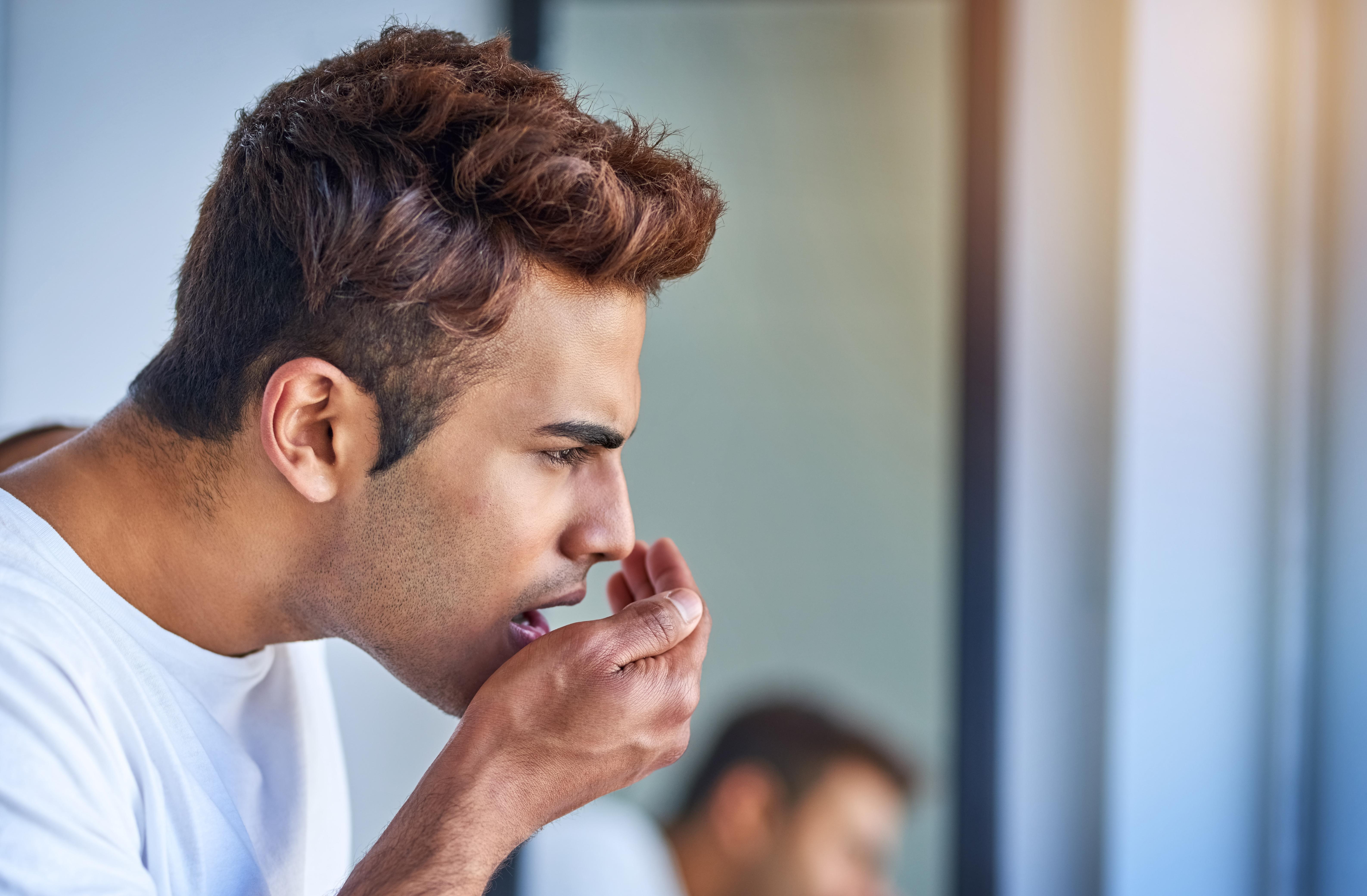
Bad breath, or halitosis, is an unpleasant condition that can be linked to dehydration. Saliva plays a crucial role in maintaining oral health by washing away food particles and bacteria. When the body is dehydrated, saliva production decreases, allowing bacteria to thrive and produce foul-smelling compounds. This can lead to persistent bad breath, which is often misattributed to poor oral hygiene. By staying adequately hydrated, individuals can support saliva production and maintain fresh breath. Recognizing bad breath as a potential sign of dehydration can encourage individuals to prioritize fluid intake as part of their oral health routine.
7. Constipation – The Digestive Dilemma

Constipation is a common digestive issue that can be exacerbated by dehydration. Water is essential for the digestive process, helping to soften stool and promote regular bowel movements. When the body lacks sufficient water, the colon absorbs more fluid from the waste, leading to hard, dry stools that are difficult to pass. This can result in discomfort and bloating, impacting overall digestive health. By increasing water intake, individuals can support their digestive system and alleviate constipation. Understanding the link between hydration and digestion underscores the importance of water for maintaining gastrointestinal health.
8. Sugar Cravings – The Deceptive Desire

Sugar cravings are often seen as a sign of poor dietary habits or blood sugar imbalances, but they can also be a symptom of dehydration. When the body is dehydrated, it can struggle to access glycogen stores, leading to a craving for quick energy sources like sugar. Additionally, the hypothalamus, which regulates hunger and thirst, can misinterpret thirst signals as hunger, prompting cravings for sugary foods. By recognizing sugar cravings as a potential sign of dehydration, individuals can address the root cause by drinking water rather than reaching for a sugary snack, ultimately supporting better dietary choices and hydration.
9. Mood Swings – The Emotional Rollercoaster

Mood swings are a complex phenomenon influenced by various factors, including hydration levels. Dehydration can affect the brain's neurotransmitter balance, leading to changes in mood and cognitive function. Studies have shown that even mild dehydration can result in irritability, anxiety, and difficulty concentrating. By maintaining adequate hydration, individuals can support their mental health and emotional stability. Recognizing mood swings as a potential symptom of dehydration can prompt individuals to assess their fluid intake and make adjustments to promote a more balanced emotional state.
10. Joint Pain – The Hidden Agony
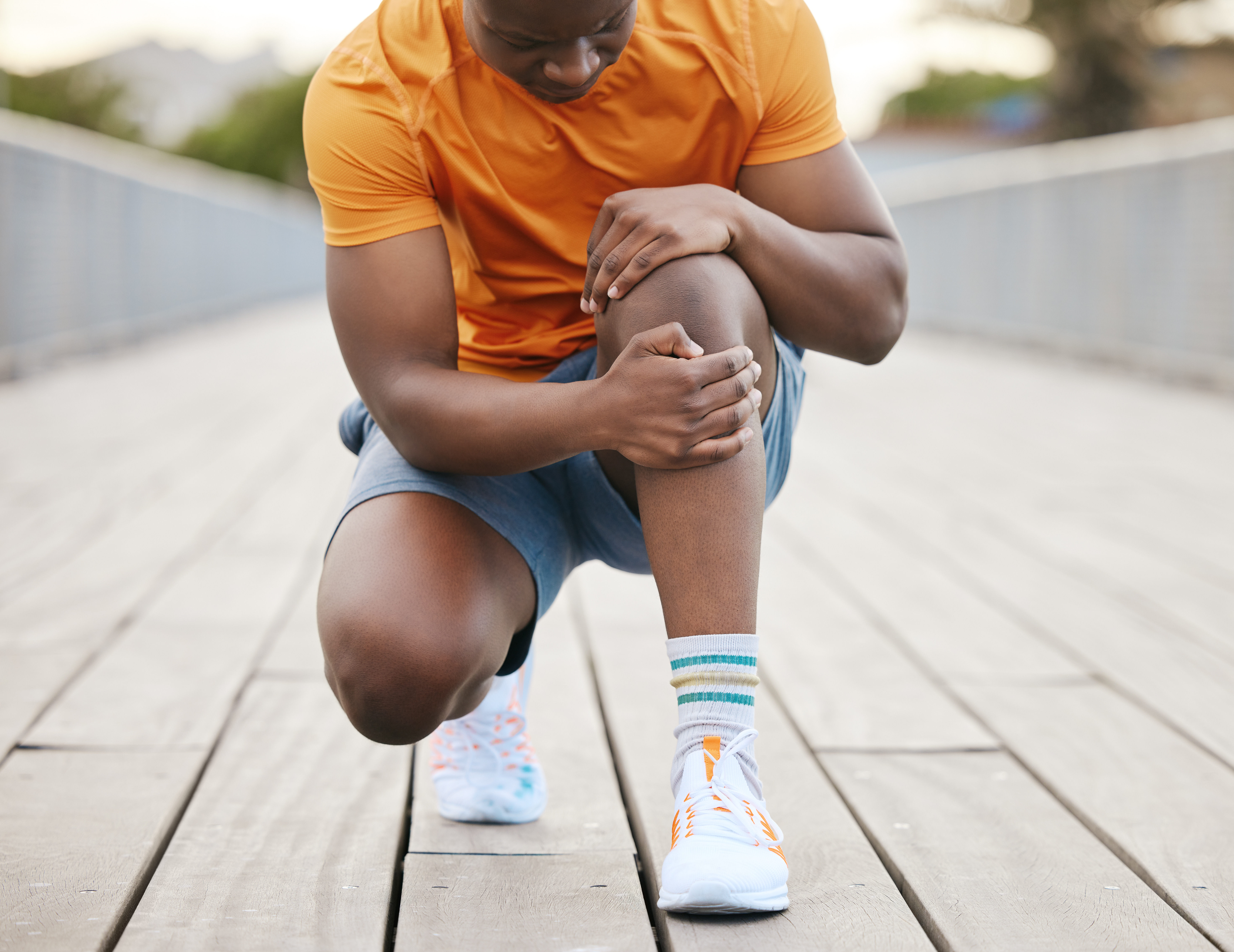
Joint pain is often associated with aging or physical activity, but dehydration can also play a role in its development. Water is a key component of synovial fluid, which lubricates and cushions the joints. When the body is dehydrated, synovial fluid production can decrease, leading to increased friction and discomfort in the joints. By staying hydrated, individuals can support joint health and reduce the risk of pain and stiffness. Understanding the connection between hydration and joint function highlights the importance of water for maintaining mobility and quality of life.
11. Dark Urine – The Visual Clue
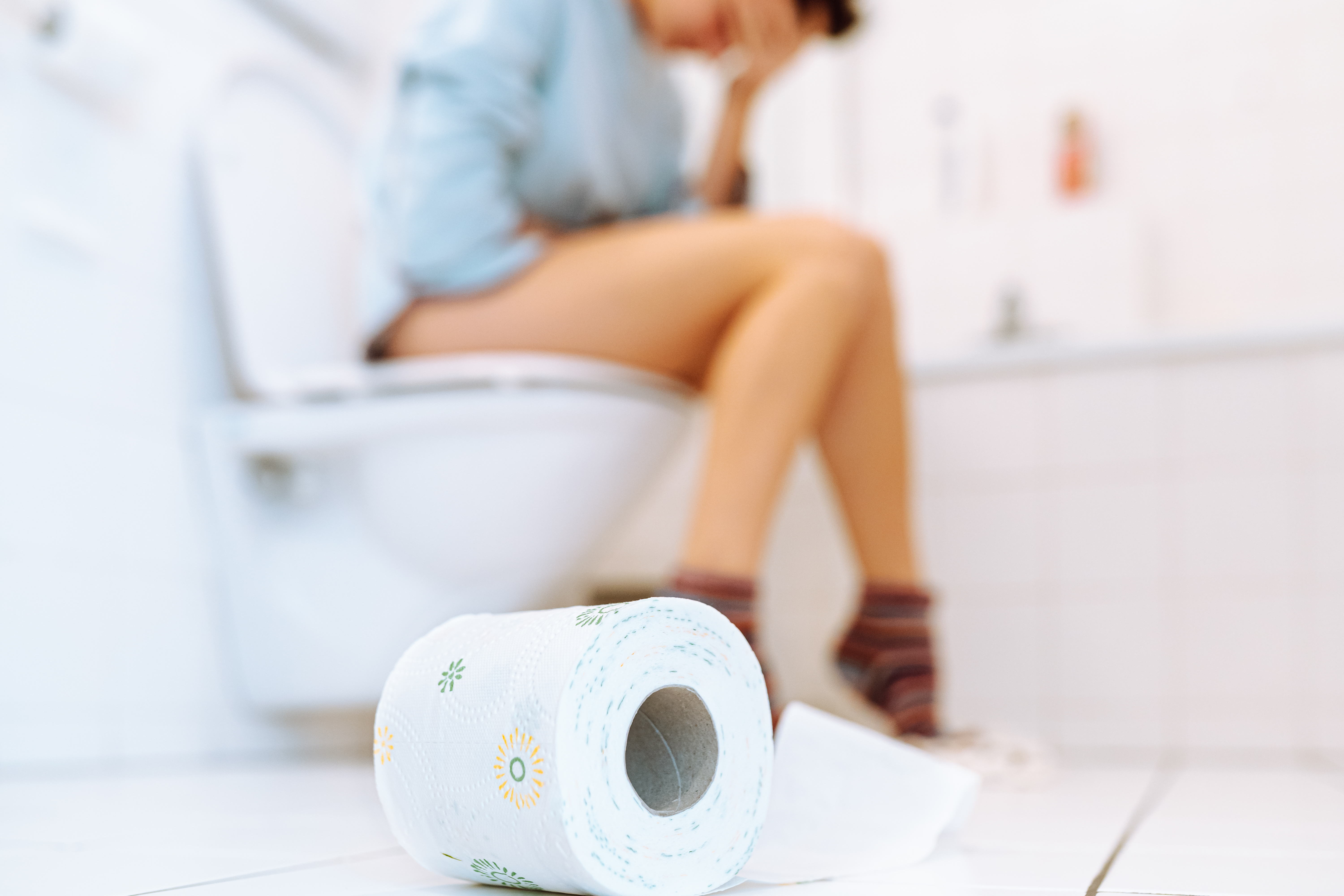
Dark urine is a clear and often overlooked indicator of dehydration. When the body is well-hydrated, urine is typically light in color, as excess water dilutes waste products. However, when fluid levels are low, urine becomes concentrated, resulting in a darker color. Monitoring urine color can be a simple and effective way to assess hydration status. By recognizing dark urine as a sign of dehydration, individuals can take prompt action to increase their fluid intake and restore balance. This visual clue serves as a practical tool for maintaining adequate hydration in daily life.
12. Reduced Cognitive Function – The Mental Fog

Cognitive function is intricately linked to hydration levels, with dehydration having a significant impact on mental clarity and performance. Even mild dehydration can impair concentration, memory, and decision-making abilities. The brain is highly sensitive to changes in fluid balance, and a lack of water can disrupt its normal functioning. By prioritizing hydration, individuals can support their cognitive health and enhance their ability to focus and process information. Recognizing reduced cognitive function as a potential symptom of dehydration can encourage individuals to make hydration a key component of their mental wellness strategy.
13. Flushed Skin – Heat Without a Fever
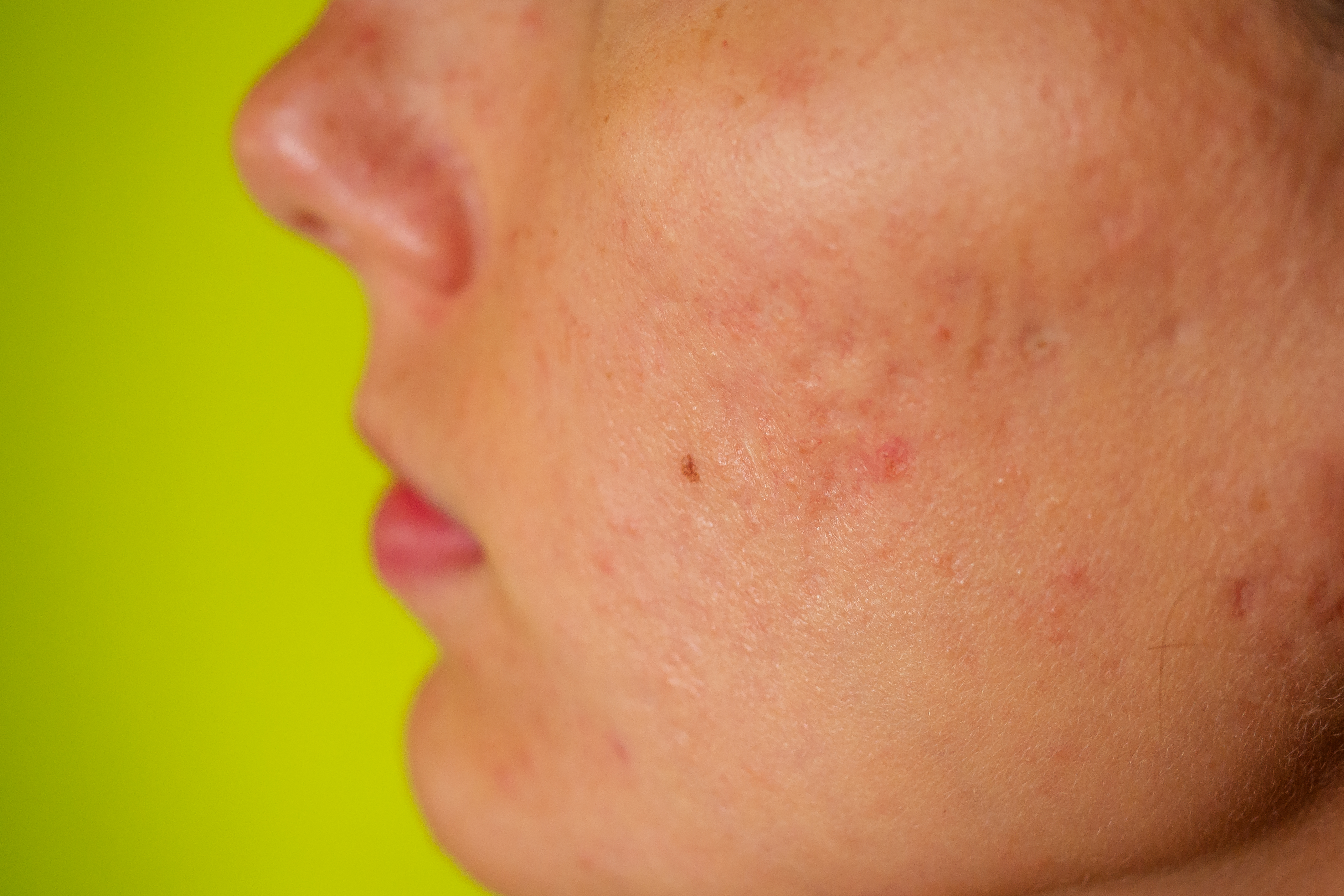
If your skin looks unusually red or flushed, especially after light activity or without heat exposure, dehydration could be to blame. When the body’s fluid levels drop, it struggles to regulate temperature efficiently. Blood vessels dilate in an attempt to cool you down, leading to a flushed or blotchy appearance. Unlike a fever or sunburn, this redness can come and go quickly—and often goes unnoticed. While it may seem harmless, flushed skin is a subtle cue that your internal systems are strained. Drinking water can help your body recalibrate and keep its natural thermostat running smoothly.
14. Rapid Heartbeat – The Overcompensating Pulse

Dehydration reduces your blood volume, forcing your heart to work harder to deliver oxygen and nutrients throughout the body. This can lead to a noticeably fast or pounding heartbeat—even without exertion. While people often associate rapid heart rate with anxiety or caffeine, hydration is an underrated factor. If your pulse feels stronger or faster than usual after minimal activity, it could be your body compensating for lost fluids. Don’t just sit it out—drink up. Rehydrating helps restore proper circulation and takes unnecessary strain off your cardiovascular system.
15. Hollow-Looking Eyes – Tired Eyes Tell All
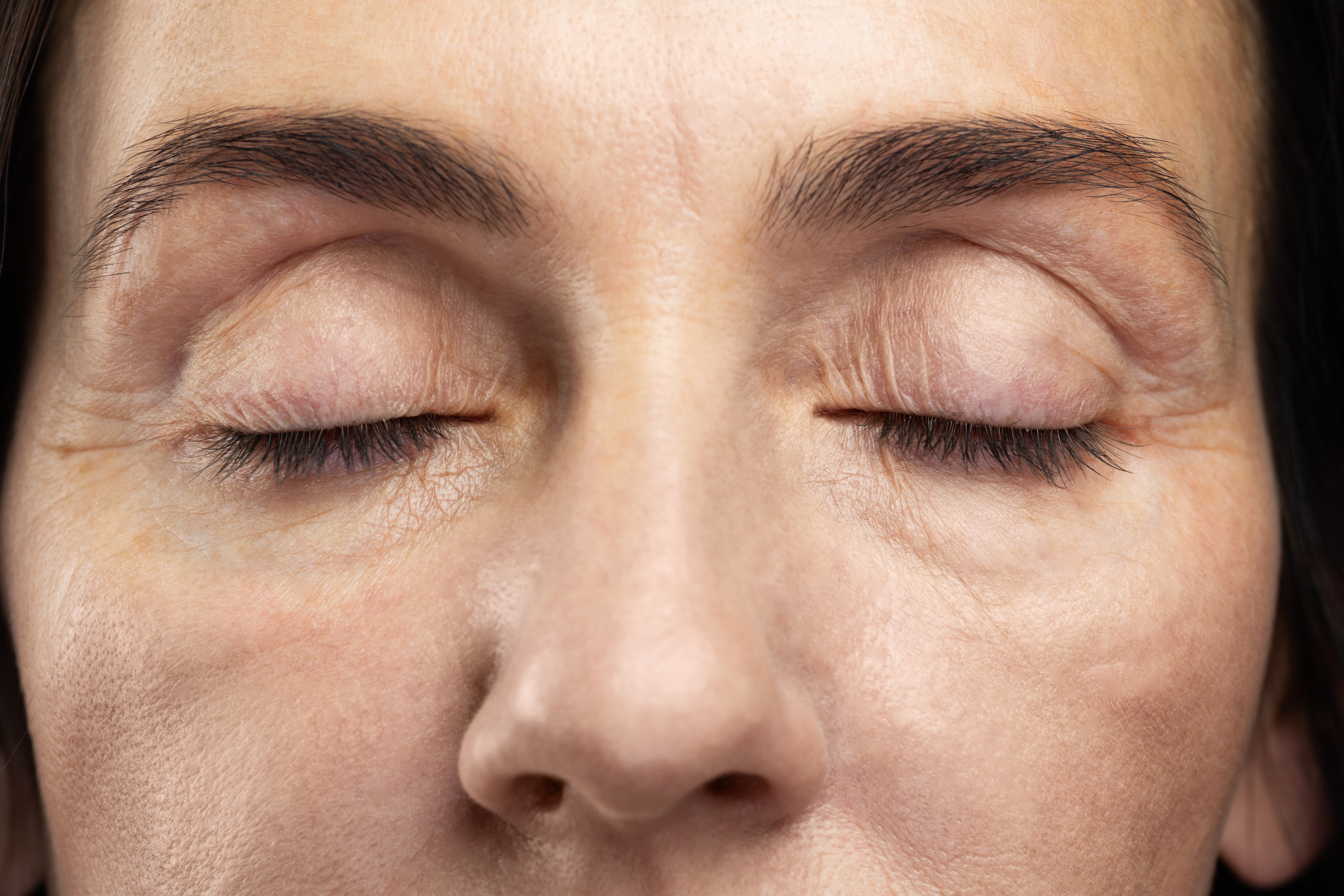
Sunken or shadowed eyes are more than just a sign of fatigue—they can be a subtle indicator of dehydration. When fluid levels drop, tissues around the eyes lose volume and elasticity, creating a hollowed or darkened appearance. This is especially common during illness, intense exercise, or long periods without water. You might notice your eyes looking dull, dry, or less vibrant. While eye creams help on the surface, hydration works from the inside out. Replenishing fluids can restore plumpness to skin and help your eyes look—and feel—more refreshed and alive.
16. Cold Hands and Feet – Circulation on Low Power

Feeling chilly at the extremities even when it’s not cold? Dehydration might be restricting your blood flow. When you're low on fluids, the body conserves resources by reducing circulation to less critical areas like hands and feet. The result: cold fingers and toes despite normal room temperature. This isn’t just about comfort—it’s a sign your cardiovascular system is under stress. While it’s tempting to reach for socks or a space heater, sometimes the fix is as simple as a glass of water. Improved hydration can help normalize blood flow and keep you warm from within.
17. Cracked Lips – A Silent SOS
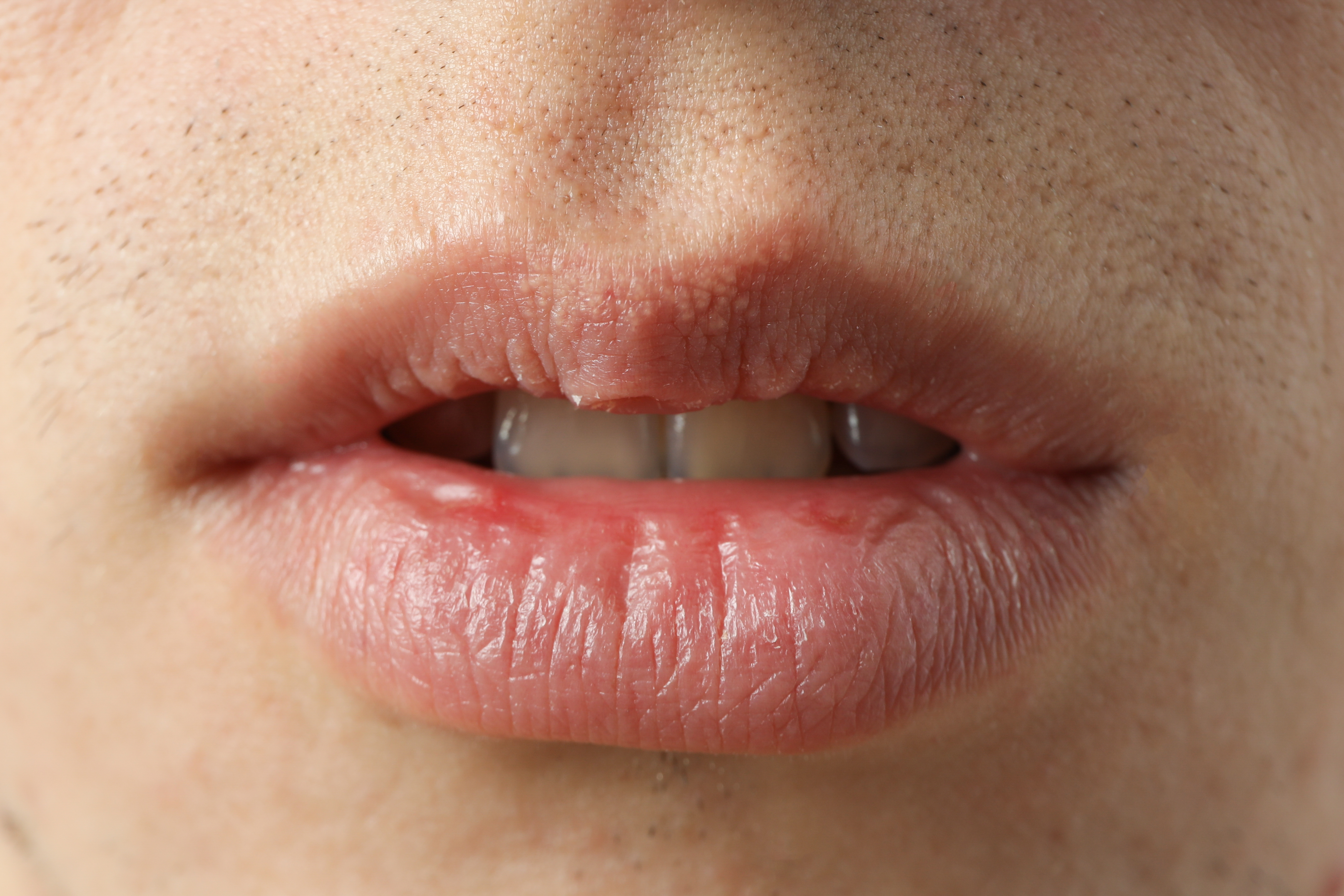
Chapped lips aren’t just about dry weather or missing lip balm—they can be a clear cry for hydration. The lips lack oil glands, so they’re one of the first places to show signs of moisture loss. When internal hydration is low, the lips dry out, peel, and crack—sometimes even before you feel thirsty. Constantly reapplying balm without seeing improvement? It could be a deeper issue. Upping your water intake supports skin healing and helps keep your lips soft, smooth, and hydrated from the inside out. Sometimes the solution isn’t topical—it’s a tall glass of water.
When Water Is the Answer You Didn’t Expect
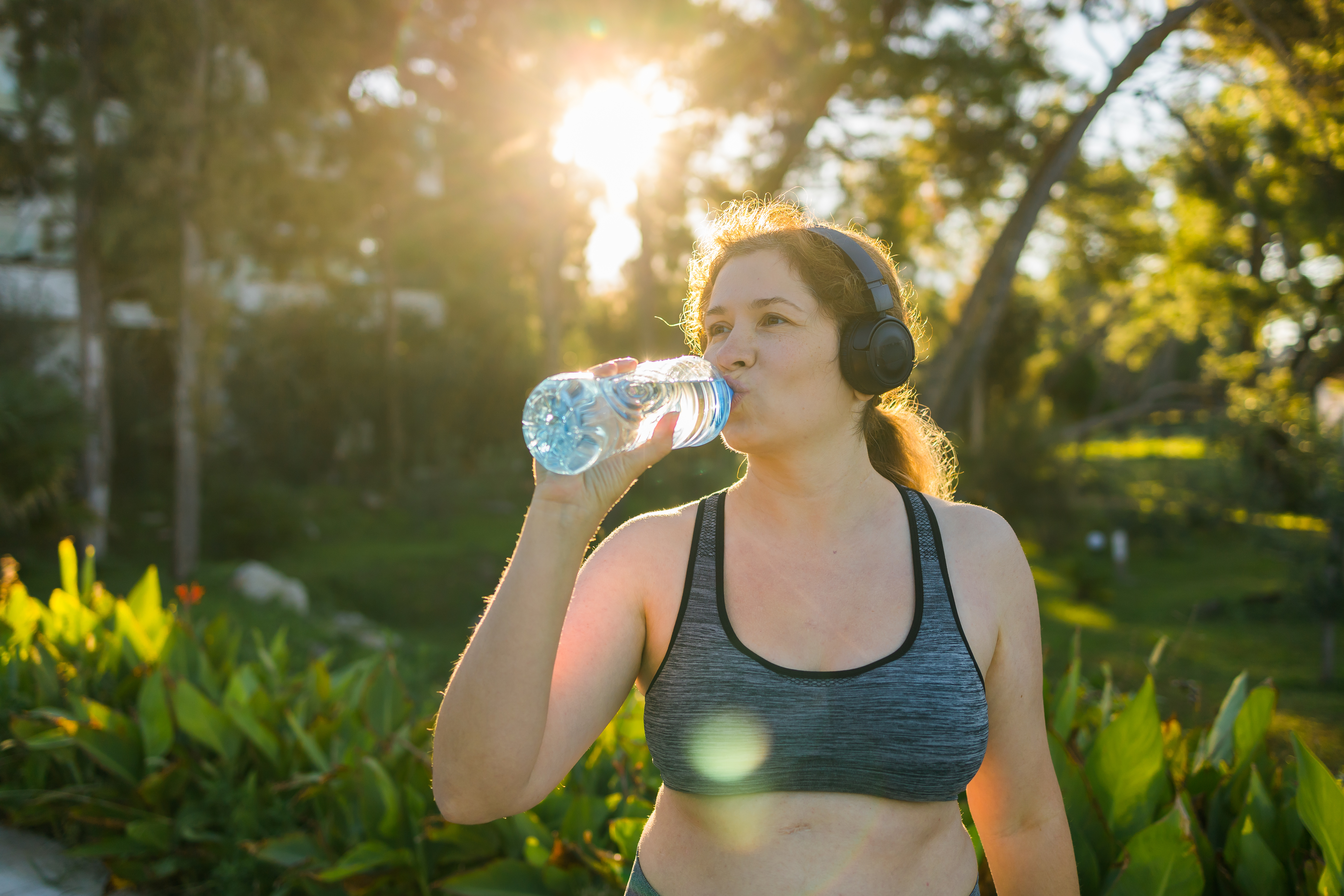
Dehydration isn’t always about thirst—it’s about the quiet ways your body asks for help. From brain fog and cravings to cold hands and cracked lips, the signs are often so subtle, they get misread or ignored. But the truth is, water powers every system in your body. It fuels your mind, cushions your joints, keeps your skin glowing, and even stabilizes your mood. These 17 hidden symptoms are your body’s way of waving a red flag long before things get serious. And the best part? The fix is simple. Start tuning in. A sip here, a refill there—it adds up. Hydration isn’t just about avoiding dehydration; it’s about giving your body what it needs to function at its best. So the next time something feels off, pause before you panic. Maybe it’s not stress. Maybe it’s not hunger. Maybe—it’s just water. And your body has been asking for it all along.